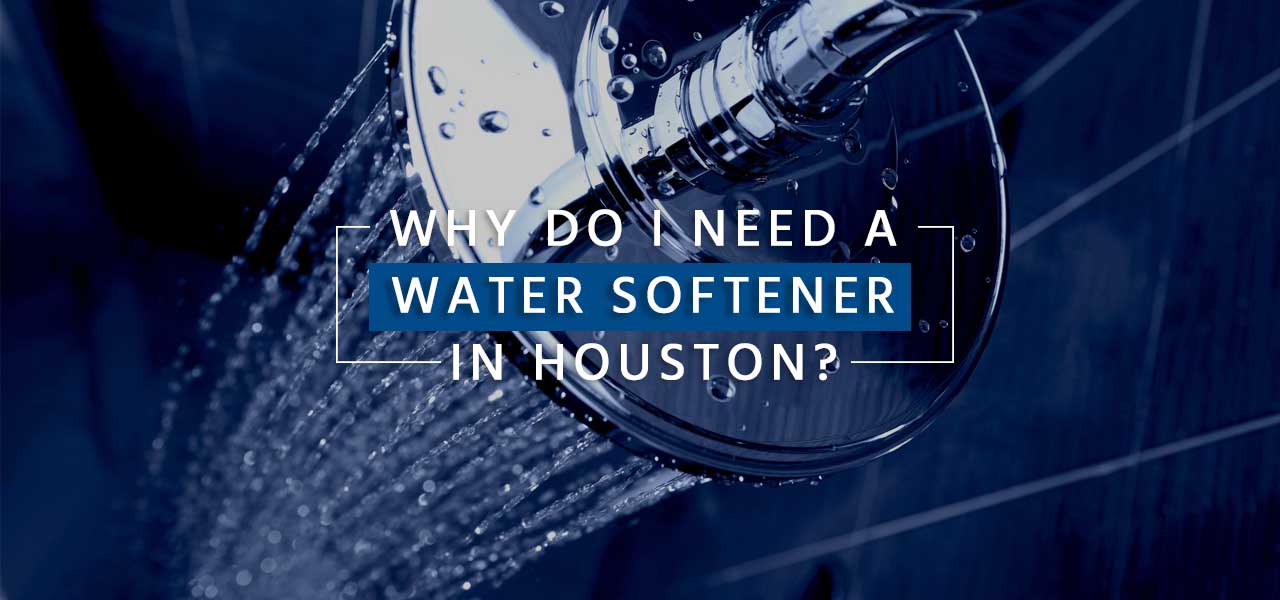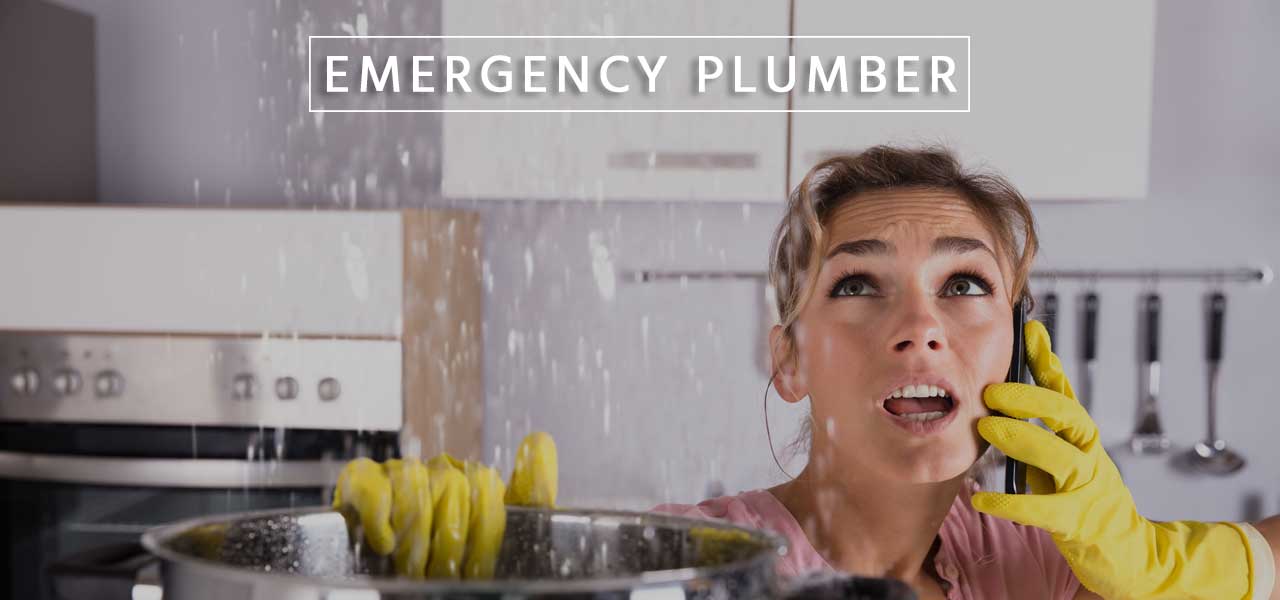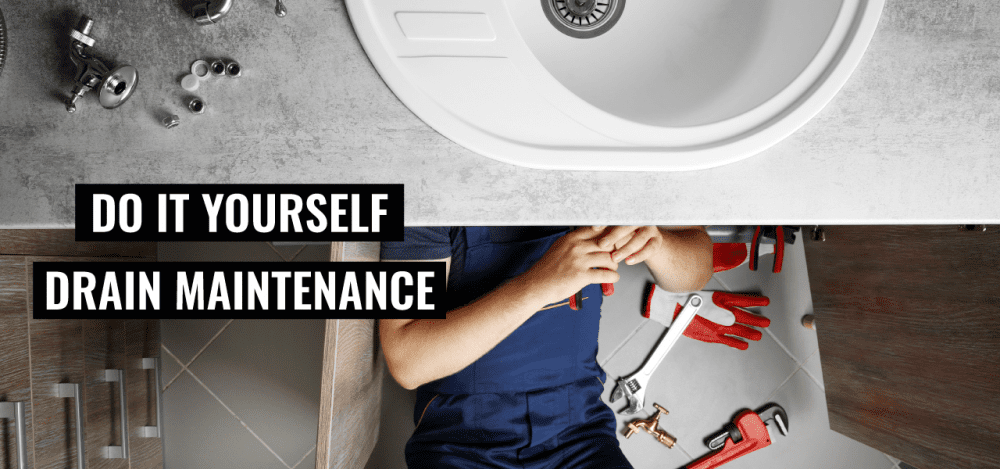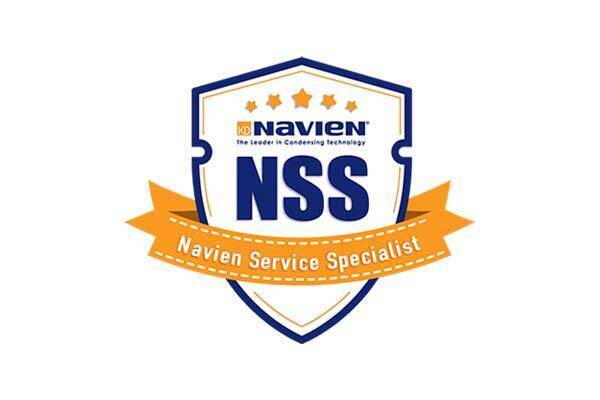Hard water is easily the number one cause of premature aging of our pipes and plumbing appliances.
Ask anyone that has lived in or around Houston for any length of time, and they’ll tell you that we have the hardest water they’ve ever seen. We hear from friends, family, and even TV commercials about the ‘dangers’ of having hard water.
All most people know about hard water is that it makes their dishes and glasses look cloudy, it dries out their skin, and makes their hair crunchy. But many people are entirely unaware of the toll that hard water can take on your home’s plumbing system and appliances.
What Is So Hard About Our Water?
Hard water gets its name from the fine mineral particles that are gathered as rainwater passes through various layers of rock. As water filters through limestone and gypsum, it picks up minuscule bits of calcium and magnesium that do not get completely broken down. These minerals react poorly with our domestic soap products, causing them not to ‘foam’ properly in water, leaving behind soap scum.
Mineral build-up from hard water can also restrict the flow of your water supply pipes, causing decreased water pressure. Over time, the tiny rocks can wear down the lining in your pipes, creating leaks. Water heaters become loaded with these crystals unless they are flushed out with regular maintenance.
As more sediment settles in our water heaters, their efficiency is decreased by as much as 30%, and their lifespan can be cut in half, perhaps failing in as little as three to five years.
By installing a water softening system in your home, you can eliminate the need to add extra detergent to the laundry and restore shine to your dishes and glasses. Your pipes and plumbing appliances will show their appreciation by giving you long-term trouble-free service.
What is a Water Softening System?
Water softening systems are made up of a series of filters that remove the calcium and magnesium from your water supply. These are the two minerals that are responsible for the “hardness” of the water here in Houston, which causes your dishes, glasses, and silverware to look filmy and cloudy. Sodium ions replace them via a process known as “reverse osmosis” that takes place in a stack of plastic beads.
Water softening is not the stuff of science fiction; these plastic (or “resin”) beads are negatively charged with sodium ions. The minerals in your water have a positive charge, and when the hard water passes through the beads, they retain the positive ions and hold them back, releasing the negative ions.
By eliminating the minerals in your water by softening, you are protecting your pipes and plumbing appliances from premature wear and failure.
How Do I Solve My Hard Water Issues?
Installing a water softening system in your home not only adds immediate value but is almost like an insurance policy for your plumbing appliances. Tank-type and tankless water heaters will last longer and galvanized, and copper supply lines will not be exposed to corrosive minerals, creating a longer lifespan for both. Your family will immediately notice a difference in the water quality, as dishes and laundry can get completely clean, and your tap water tastes fresher.
Nick’s Plumbing and Air Conditioning Services offers consultations regarding water softening systems that we offer, along with installation cost evaluations. Nick’s has been Houston’s five-star plumbing service company since 1979, serving over one hundred and fifty thousand customers since then.
Call Nick’s Plumbing and Air Conditioning Services today and ask about our water softener systems.


























